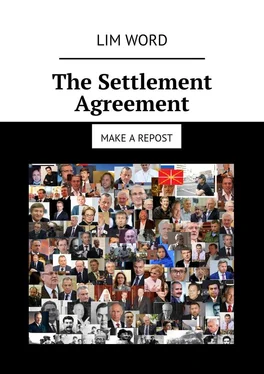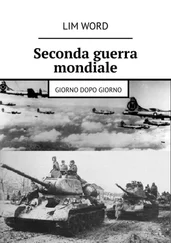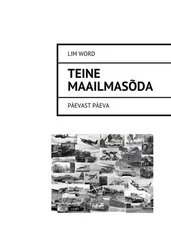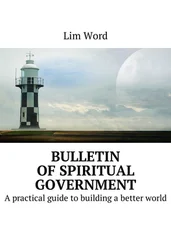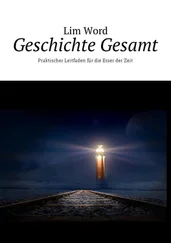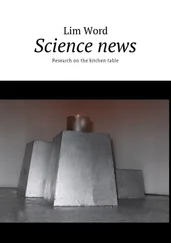Lim Word - The Settlement Agreement. Make a repost
Здесь есть возможность читать онлайн «Lim Word - The Settlement Agreement. Make a repost» — ознакомительный отрывок электронной книги совершенно бесплатно, а после прочтения отрывка купить полную версию. В некоторых случаях можно слушать аудио, скачать через торрент в формате fb2 и присутствует краткое содержание. ISBN: , Жанр: Публицистика, Справочники, Прочая документальная литература, на английском языке. Описание произведения, (предисловие) а так же отзывы посетителей доступны на портале библиотеки ЛибКат.
- Название:The Settlement Agreement. Make a repost
- Автор:
- Жанр:
- Год:неизвестен
- ISBN:9785449070548
- Рейтинг книги:3 / 5. Голосов: 1
-
Избранное:Добавить в избранное
- Отзывы:
-
Ваша оценка:
- 60
- 1
- 2
- 3
- 4
- 5
The Settlement Agreement. Make a repost: краткое содержание, описание и аннотация
Предлагаем к чтению аннотацию, описание, краткое содержание или предисловие (зависит от того, что написал сам автор книги «The Settlement Agreement. Make a repost»). Если вы не нашли необходимую информацию о книге — напишите в комментариях, мы постараемся отыскать её.
The Settlement Agreement. Make a repost — читать онлайн ознакомительный отрывок
Ниже представлен текст книги, разбитый по страницам. Система сохранения места последней прочитанной страницы, позволяет с удобством читать онлайн бесплатно книгу «The Settlement Agreement. Make a repost», без необходимости каждый раз заново искать на чём Вы остановились. Поставьте закладку, и сможете в любой момент перейти на страницу, на которой закончили чтение.
Интервал:
Закладка:
The Settlement Agreement
Make a repost
Lim Word
© Lim Word, 2018
ISBN 978-5-4490-7054-8
Created with Ridero smart publishing system
The most powerful bureaucratic superpower of our time is, of course, our Russian Federation. Do you want this to always remain so?
Can we free ourselves from the web of constantly hanging by the side, binding the movement of nameless laws?
Let’s review the story through the biographies of significant figures of time; from the leader of the USSR Georgy Malenkov, who came to replace Stalin until our days of life.
Let us answer: why is the largest country in the world so poor and contradictory. What can be done to change the state of things, to make our country a true Paradise under heaven?
VIP-persons of the USSR from Malenkov to Gorbachev
Georgy Malenkov, Nikita Khrushchev
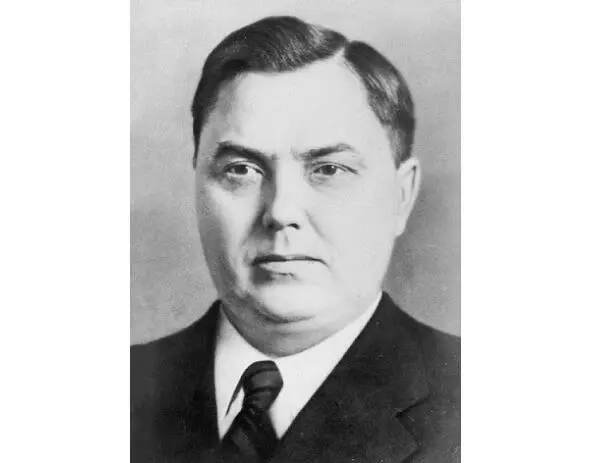
Georgy Malenkov
George Malenkov. Birth – 1901 g, Orenburg, the Russian Empire, … service as a political worker in the young Red Army, rapid career rise; so that, according to some sources, at this Time of Opportunity, Georgy Maximilianovich, 23, almost becomes Lenin’s successor.
Then three years of study at the Moscow Higher Technical School (now named after Bauman) at the Electrical Engineering Faculty, leaving the School, working (no less, for yesterday’s student), technical secretary of the Politburo of the RCP Central Committee, developing and maintaining a personal dossier system. In this post, the semi-engineer, on the instructions of Stalin and personally, Kaganovich, is forced to deal with the “purges” of the Moscow party apparatus – and fulfills the plans set for him according to the number of people killed and buried. In some way, Malenkov manages to stay somewhat aloof from the main person in the country’s Security Authorities, Nikolai Yezhov. That’s why he first – experiencing it, and then read out the report “On the bends.”
In 1948, in particular, Georgy Malenkov participated in the defeat of the Jewish Anti-Fascist Committee (JAC). Recall that the EAC was formed in 1942 in Moscow, directed by S. Mikhoels, he collects for the belligerent USSR 16 million dollars in America (plus medical equipment), 35 million worldwide, but then with increasing popularity and international relations begins to interfere To Stalin.
A year later, on instructions from above, Georgy fabricated the case against the leaders of the Leningrad Regional Committee. Reason – the organization in January 1948 of the All-Russian wholesale fair, in the Northern Capital, without agreement with party workers in Moscow. Any amateur performance under Stalin (with the possible exception of the last two years of the Patriotic War) is punished very, very cruelly. According to the conclusions of the morbidly split mind of Dzhugashvili (and even of the most insane Soviet society), this completely innocent and even very useful undertaking now looks like an attempt to organize a separate (related but, in fact, opposition to the All-Union) Russian Communist Party (RCP).
In addition to all the victims of the regime, about two hundred people are killed.
Malenkov is personally present during interrogations, sometimes even tortures of suspects, but it seems that he himself does not enjoy it. Perhaps that is why, in March 1953, the Chairman of the Council of Ministers read out a report on the exposure of the personality cult; and proposes further to direct the country exclusively collegially. However, this performance of a special impression on anyone except Khrushchev, judging by the transcript of the meeting, does not produce.
In fact, the call of Malenkov – the second or third, since the last (actual) electoral Zemsky Sobor (1613) or the Duma of the Fourth Convocation (1912) attempt to introduce the principle of a regulated (civil society) succession of power.
While Nikita Sergeyevich rallies around the young cadres of the party apparatus (not forgetting to help them financially), Malenkov, perhaps remembering his own past sins, is more engaged in charity. The food tax for the villagers is cut in half. Past arrears are forgiven. The plan for the five-year plan is corrected in the direction of a sharp increase in the output of consumer goods. The issuance of passports to collective farmers begins.
“Comrade Malenkov came, he gave bread and blink.”
Georgiy Maximilianovich “reigns” for four months rightfully, until September 1953, remains chairman of the Council of Ministers for another two years, then he is criticized, he drops to the minister of power stations (although he remains an important post in the Presidium). For lack of a better company, he contacts Molotov, Kaganovich (“Shepilov, who joined them with the Minister of Foreign Affairs”); and so, in spite of himself, is not very democratic, he is trying to remove Khrushchev’s First Secretary from the affairs. However, Molotov and Kaganovich – people who have far surpassed Malenkov in drawing up the “execution lists” (including the higher officers of the Red Army) are not acceptable to everyone in the Central Committee. Through a member of the Politburo E. Furtseva (according to rumors) what is happening becomes known to all interested parties. Marshal G. Zhukov, himself almost repressed by Stalin in the postwar period, in full accord with Khrushchev, on military aircraft, brings from all parts of the country high-ranking party workers. The quorum formed at the Plenum of the Central Committee with some considerable power support of the Marshal of Victory, displaces Malenkov from a high post.
Some reasonable collegiality, a tandem of almost equal: Malenkov-Khrushchev, crumbling. Remaining as the sole ruler, who no longer wants to hear anyone’s objections, Nikita Sergeyevich himself becomes a mini-Stalin, and is completely peddling. By 1958, wishing to “erase” the mentality of the village from people, he liquidated his personal land plots (there was one tithe) on collective farms. There are several more blows to the psychology of the toiler-on-the-ground, including persecution of the church: they are tolerated and hushed up by the Soviet media down to the bias of the secretary general.
The former minister is the main link of the USSR-China relationship. Other relations, except as the only direct line of Mao-Malenkov, have not been developed for these two greatest totalitarian powers. In this system everything is built on friendship, inner feelings and unpredictable vagaries of a very narrow circle of people. Therefore, with the departure of Malenkov, the friendship of the Soviet Union and the Celestial Empire practically ends (1957).
…Now Georgiy Maximilianovich is the director of the hydropower plant on the Irtysh River in Kazakhstan. He is an exemplary businessman, but in conversations with his staff, he often allows himself criticism of Nikita Khrushchev. Therefore, in 1961 he was expelled from the Communist Party, and then sent to retirement.
Malenkov lives in Moscow, as the most ordinary person, does not appear in the Kremlin, he is bought in a special distributor for party workers, he goes by train to his favorite dacha in Kratovo. He turns to the Orthodox faith, sings in the choir (a place near the altar) in the church. He leaves the life of the earth in the already deeply perestroika in 1988. George – the last of the leaders of the USSR, who were in the nearest circle of I. Stalin.
Private life. Wife – Valery Alexeevna, rector of the Moscow Power Engineering Institute, four children.
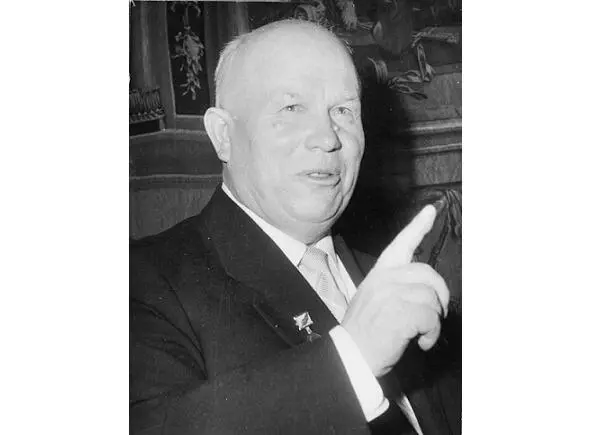
Nikita Khrushchev
Читать дальшеИнтервал:
Закладка:
Похожие книги на «The Settlement Agreement. Make a repost»
Представляем Вашему вниманию похожие книги на «The Settlement Agreement. Make a repost» списком для выбора. Мы отобрали схожую по названию и смыслу литературу в надежде предоставить читателям больше вариантов отыскать новые, интересные, ещё непрочитанные произведения.
Обсуждение, отзывы о книге «The Settlement Agreement. Make a repost» и просто собственные мнения читателей. Оставьте ваши комментарии, напишите, что Вы думаете о произведении, его смысле или главных героях. Укажите что конкретно понравилось, а что нет, и почему Вы так считаете.
